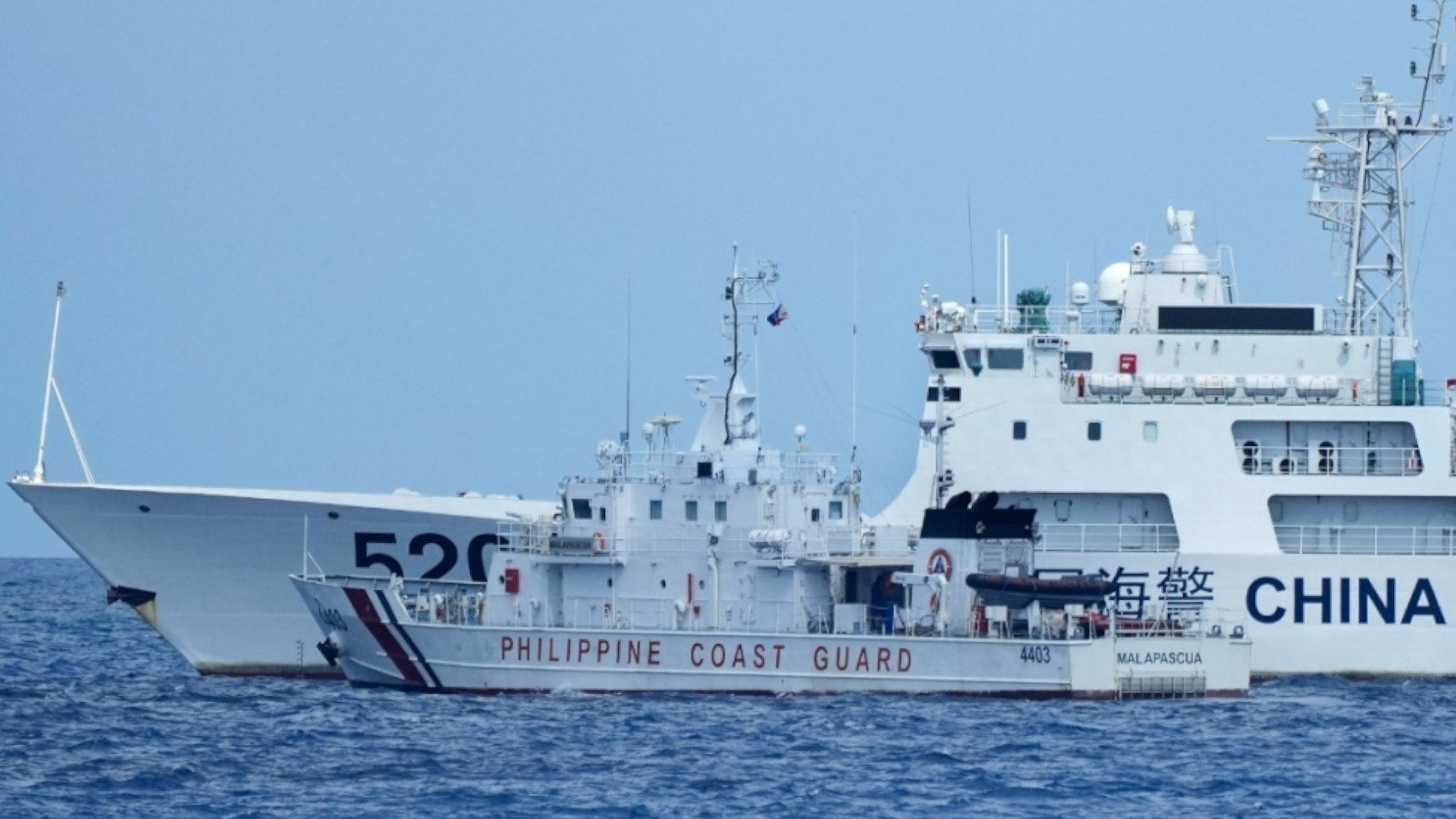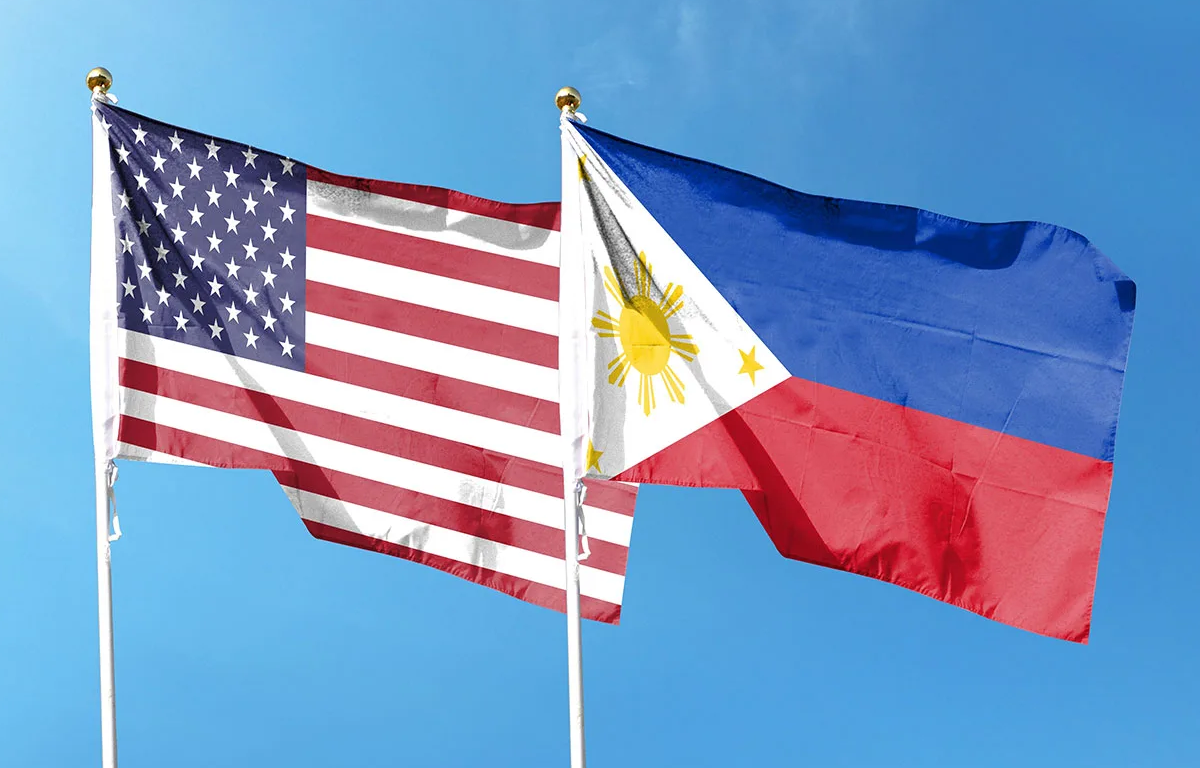
The South China Sea has long been a source of territorial disputes, with multiple countries, including China, the Philippines, Vietnam, Malaysia, Brunei, and Taiwan, asserting territorial claims in the region. These disputes have escalated over the years, driven by the strategic importance of the South China Sea for trade routes, fisheries, and potential energy resources. China, in particular, has asserted expansive territorial claims through the infamous “Nine-Dash Line,” a demarcation line that encompasses nearly the entire South China Sea.
In 2013, the Philippines decided to pursue legal action by initiating arbitration proceedings against China under the United Nations Convention on the Law of the Sea (UNCLOS). The Philippines argued that China’s claims and activities in the South China Sea violated UNCLOS and the country’s sovereign rights. The case was heard by an international tribunal in The Hague.
On July 12, 2016, the tribunal issued its final ruling, overwhelmingly siding with the Philippines. The key points of the award included the invalidation of the Nine-Dash Line, recognition of Philippine sovereign rights, concerns about environmental damage caused by China’s land reclamation, and upholding the principle of freedom of navigation.
In 2023, the Philippines took the opportunity to reaffirm the 2016 Arbitral Award in a follow-up international tribunal hearing. This reaffirmation demonstrated the Philippines’ commitment to upholding international law and maintaining the integrity of the South China Sea ruling.
The reaffirmation also sent a clear message to the international community that the Philippines remains steadfast in its pursuit of a rules-based order in the South China Sea. It underscored the importance of respecting the rights of smaller nations and adhering to established international norms and agreements.
While the South China Sea disputes are far from resolved, the Philippines’ continued efforts to uphold the 2016 Arbitral Award serve as a reminder that the pursuit of justice and adherence to international law are essential principles in maintaining peace and stability in the region. The international community will be closely watching the developments in the South China Sea, hoping for peaceful and diplomatic resolutions to these long-standing disputes.










Share this: